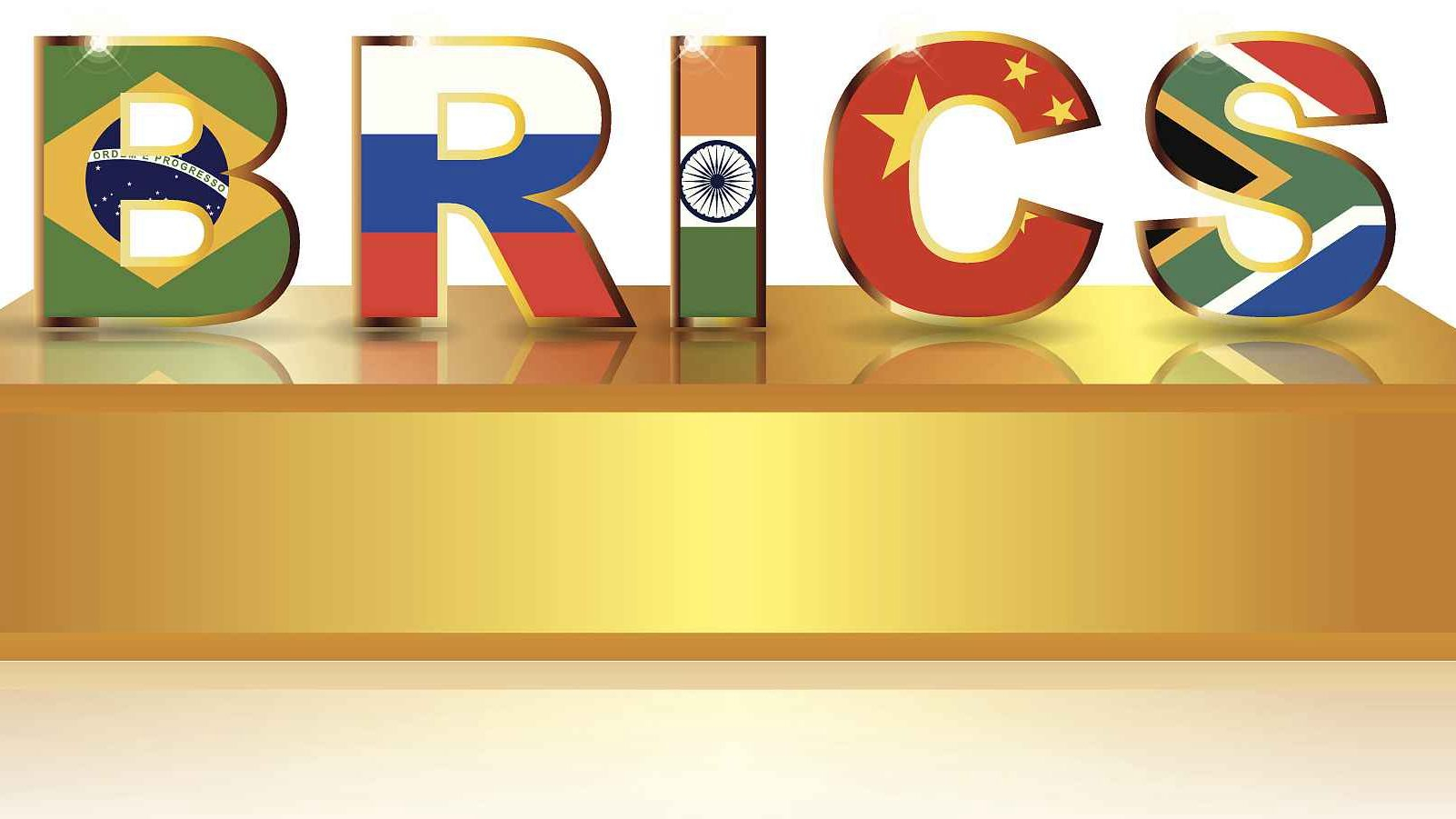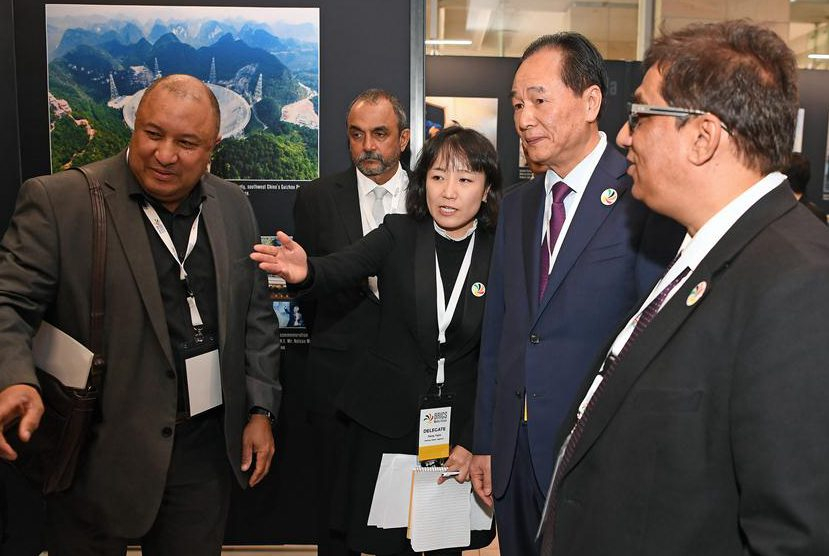
Opinions
18:54, 24-Jul-2018
Opinion: From BRICS to 'mansions'
Updated
18:28, 27-Jul-2018
Dr. Summer

Editor’s note: With a doctoral degree in communications from the Communication University of China, Dr. Summer has been working in the field of international journalism for 30 years. The article reflects the author's opinion, and not necessarily the views of CGTN.
The five emerging economies, namely Brazil, Russia, Indian, China and South Africa, are to hold their 10th BRICS Summit later this week in Johannesburg, South Africa. Leaders of the BRICS countries are expected to discuss issues such as the challenges of dealing with de-globalization, unilateralism, and protectionism, as well as boosting their countries’ economic growth, but I think whether the group can further expand and make contributions to new world order is worth our attention.

The scenery of the Cape of Good Hope in Cape Town, South Africa. South Africa is the host country of 2018 BRICS Summit. /Xinhua News Agency
The scenery of the Cape of Good Hope in Cape Town, South Africa. South Africa is the host country of 2018 BRICS Summit. /Xinhua News Agency
To illustrate my point, let’s take a brief look at BRICS’ history. Although the term “BRIC” was coined in 2001 by then-chairman of Goldman Sachs Asset Management, Jim O’Neill, in his publication Building Better Global Economic BRICs, the BRIC group came into being when foreign ministers of Brazil, Russia, India and China met, at the initiative of Russia, during the UN General Assembly in New York City in September 2006. Then, South Africa joined in the group in 2010, making it better known as the BRICS.
Over the past decade, the BRICS countries have enjoyed steady growth. Statistics show that the five BRICS countries have about 41 percent of the world population, while their combined nominal GDP has increased from 12 percent to 23.3 percent of the gross world product and their share of trade volumes have increased from 11 percent to 16 percent of the world’s total. In 2017, the BRICS countries enjoyed a growth rate of 5.3 percent, contributing more than half of the world economic growth.

Co-chairmen of the BRICS Media Forum and media delegates view photos at the second edition of BRICS Media Joint Photo Exhibition in Cape Town, South Africa, July 18, 2018. /Xinhua News Agency
Co-chairmen of the BRICS Media Forum and media delegates view photos at the second edition of BRICS Media Joint Photo Exhibition in Cape Town, South Africa, July 18, 2018. /Xinhua News Agency
I think the BRICS countries owe their success to the following three factors.
Firstly, under the guiding principle of win-win development, the BRICS countries handle their relations on the basis of non-interference of each other’s domestic affairs, equal partnership, mutual respect and win-win cooperation.
Secondly, as emerging economies, the BRICS countries are playing an active role in reforming the global governance mechanism for a changing world marked by the emergence of developing countries as vital drivers of global growth.
Thirdly, as important members of the G20, the BRICS countries are committed to safeguarding and promoting globalization and free trade in the face of growing unilateralism and trade protectionism adopted by some countries.
Last year, during the 9th BRICS Summit in Xiamen, China, the five countries agreed to further cooperative partnership and build a brighter future as their strategy for the second golden decade. The goal is to make more contributions to economic globalization and global governance, in order to build a community with a shared future for mankind.

Volunteers of the 9th BRICS Summit in Xiamen, China /Xinhua News Agency
Volunteers of the 9th BRICS Summit in Xiamen, China /Xinhua News Agency
The upcoming 10th BRICS Summit is expected to discuss concrete measures to strengthen BRICS’s role in the South-South cooperation as a mean to promote multilateral cooperation and boost the global economy.
Of course, the BRICS countries also need to strengthen unity among themselves by improving and upgrading the working mechanism.
Unity is the solid foundation for BRICS countries’ existence, but the expansion of both intra-group cooperation and inclusive cooperation with other countries or blocks is key to the future of the group. Only in this way can we expect faster and stronger development of the BRICS, just like larger mansions being built with smaller bricks cemented together.

SITEMAP
Copyright © 2018 CGTN. Beijing ICP prepared NO.16065310-3
Copyright © 2018 CGTN. Beijing ICP prepared NO.16065310-3